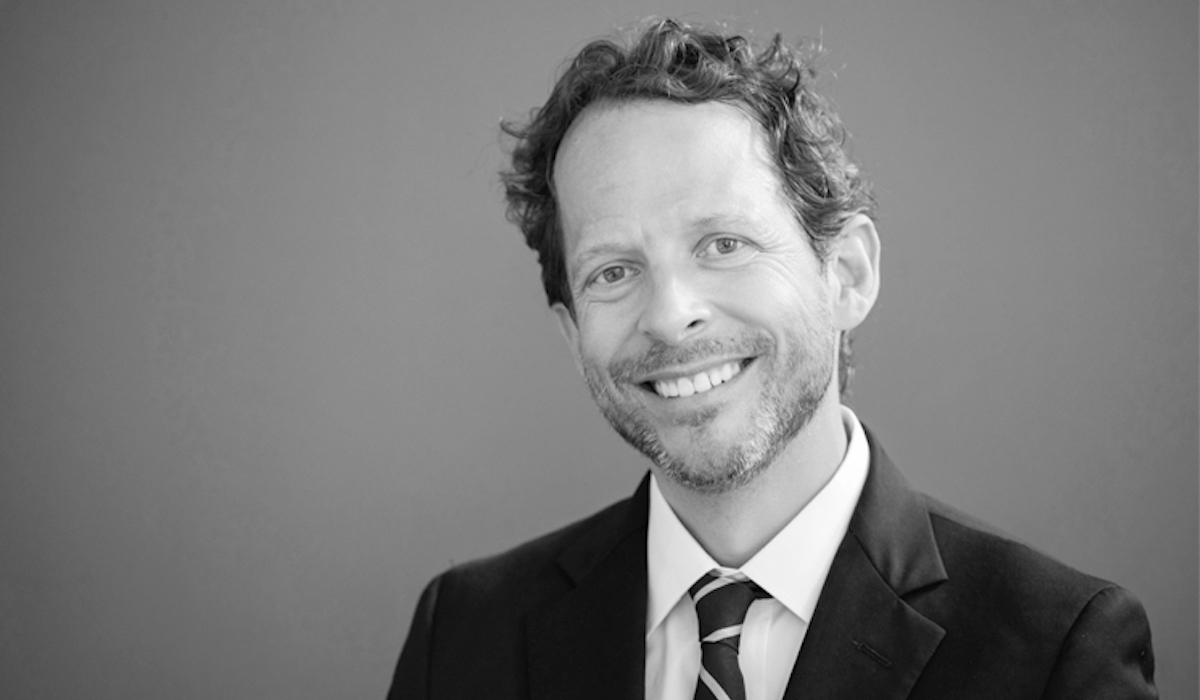The Enduring Power of a Real Hug

My sister Lin never really liked giving or receiving hugs. I used to make a game out of it, actually. I’d greet her with, “give me a hug!” She’d then offer up one of those half-hugs… a hug where one hand is around my waist and the other is lightly patting me on the back. I’d respond, “a real hug!” and at that point she’d hear me and switch into a full-on, crush your chest type of hug. Then we’d both smile and carry on with our business.
After Lin died last spring, all I’ve wanted is a real hug. Dreams about my sister have centered on connection. How I’ll never connect in this world with my beautiful sister again. How much I grieve the sudden ripping away of a lifetime connection with the first best friend I ever had. How I miss the challenge of finding connection with my older sister who was born with special needs that required us all to discover unique ways to bond with her.
Like through real hugs.
Living a life connected to a sibling with special needs has instilled in me a curiosity to get to the heart of others. What motivates them? What lies deep in their heart? Who is the self they see themselves as and desperately long for others to recognize?
It is this curiosity that led me into teaching as a career and relational teaching as an expertise. Relational teaching is the practice of establishing student connection that serves as the foundation for learning. This connection is built on trust. Finding connection is relatively easy. A simple question can generate it (“what is your favorite baseball team?”). It’s trust-building that takes time and patience to build. Even when it is established, trust requires constant upkeep. In this way, relational teaching is the practice of nourishing trust. Honoring it as the sacred foundation for connection in classroom relationships.
Trust was at the heart of my relationship with Lin. From as early as I can remember, I knew that I could trust her to meet and accept me where I was. When our dog died, it was among the menagerie of stuffed animals in Lin’s bedroom where I found comfort. She would say nothing. Yet she wouldn’t leave her room until I’d gotten out all my tears. She knew – absolutely knew – that to leave me would be to abandon me and harm my heart. In that way, as my older sister, Lin was protective of me. I trusted her protection of my growing self and I knew that she deeply understood me.
Relational teachers serve a similar role. They don’t leave. Rather, they stay the extra minutes in the classroom. They make the sidebar comment in the hallway about the essay they just corrected (or, better yet, they comment on the paper they remember from months back). Relational teachers meet their students where they are. And they seek evidence of growth in their students and use this evidence as a way to infuse hope in their students. Who doesn’t want to hear, “look how far you’ve grown!”
This pandemic has forced a spotlight on what teaching truly is and what schools truly are. It has not been an uplifting experience, particularly for relational teachers who did not get into teaching in order to master Google Slides and create weekly Padlets. When 25% of students in Los Angeles Unified are not attending remote classes, we shake our heads in disappointment yet intuitively understand. Because remote teaching challenges relational teaching. This is not to say that remote teaching is not teaching – it absolutely is. Yet it lacks the relational nuance that can only exist in real-life classroom environments.
The shared sound of pencils or keyboards that surround us when all students are writing a paper together. The reverberation of lockers slamming in the hallway outside the closed door. The smell of the Chipotle burrito that lingers for hours after the lunchtime Yearbook meeting. The body language that can only be read from the neck down – exactly the area not captured by the Zoom camera. The sighs. The giggles. The whispers. The finger-taps on the desk.
These are human sounds, triggering senses that relational teachers capitalize on in order to further deepen learning. Yet they are silenced in the remote classroom. When students tap their desk, no one can hear. When everyone writes their essay asynchronously, the silo’s silence is deafening. The remote classroom has no shared smell, feel, or ambiance. There are certainly no sounds of lockers outside.

Without that sense of shared space, relational teaching becomes a challenging task. Like heating an ice cube with a match. It takes a long time, and there is the risk of the flame being snuffed out by a water drop.
For Lin, facial expressions meant everything. While she didn’t have the wide vocabulary required for verbal self-expression, she possessed an intuitive wisdom about people. She sensed emotions and felt them deeply. She knew when I said I was sad about Sandy’s passing that I felt really, really sad. So she stayed in her bedroom until I chose to leave. She stayed a long time.
Living a life that allowed her to exist solely in the present enabled Lin to connect with others. By being there, Lin built the foundation of trust. By sharing physical space, Lin was able to teach life lessons in a relational way.
Eight months after her unexpected passing, my sister’s sudden death leaves me feeling alone in a way I’ve never felt before. Perhaps it is a cruel irony that the very thing Lin and I found playful is what Covid-19 has stolen away. As with all Americans mourning over the loss of friends and family members, we are required to sit with our loss, with our feelings, without physical human contact. I sit alone, without my sister nearby, finding some semblance of strength knowing that if she could, Lin would encourage me to get it out, even if it means enduring “a real hug” to get the job done.


